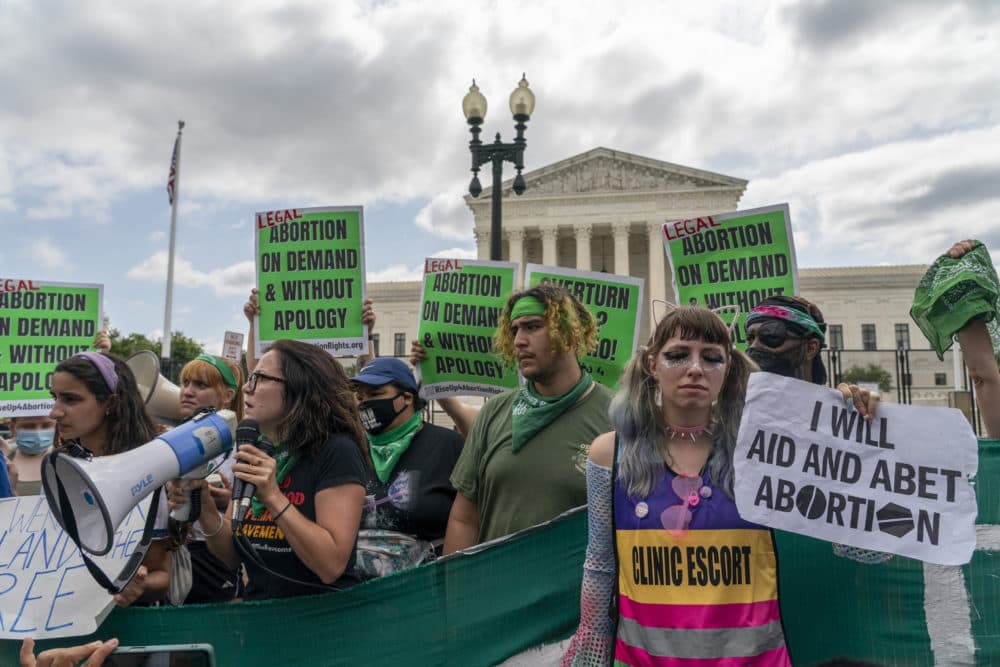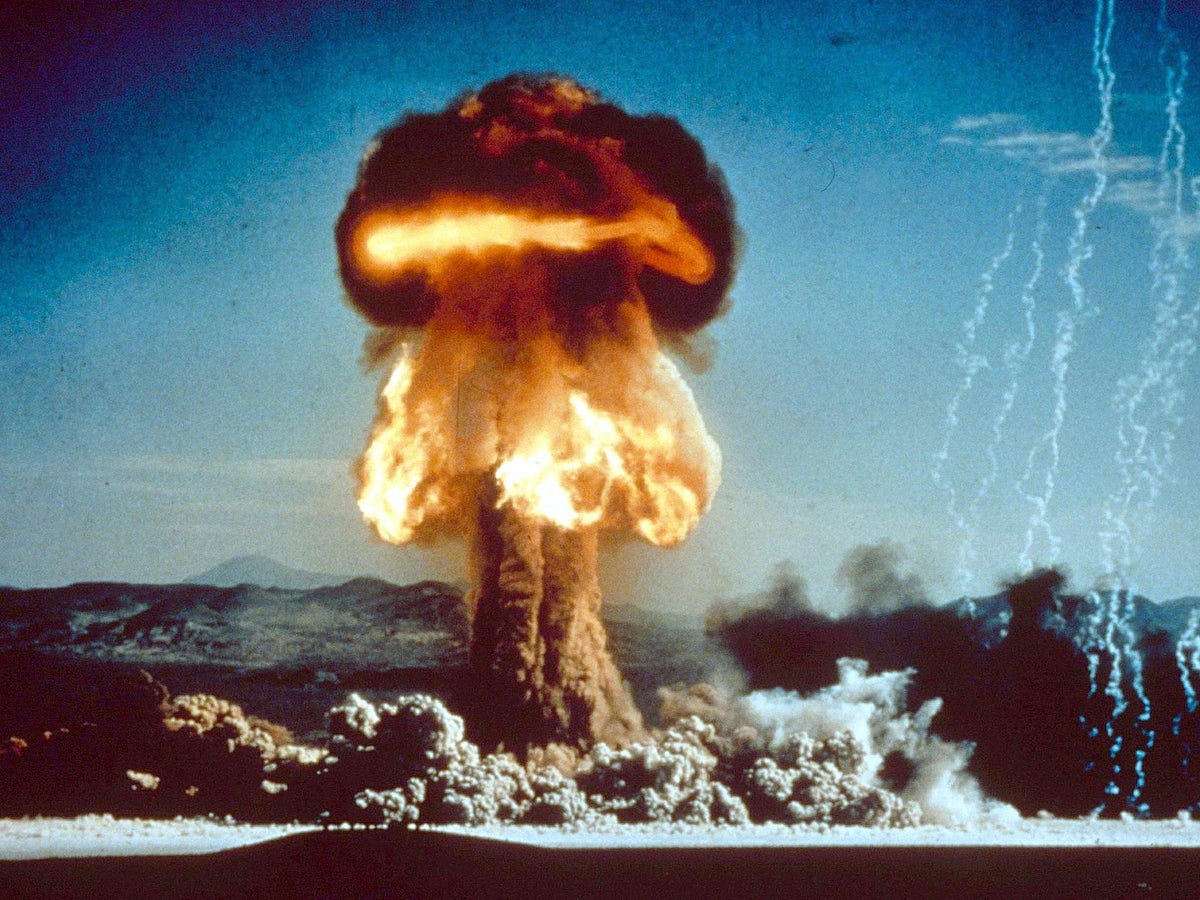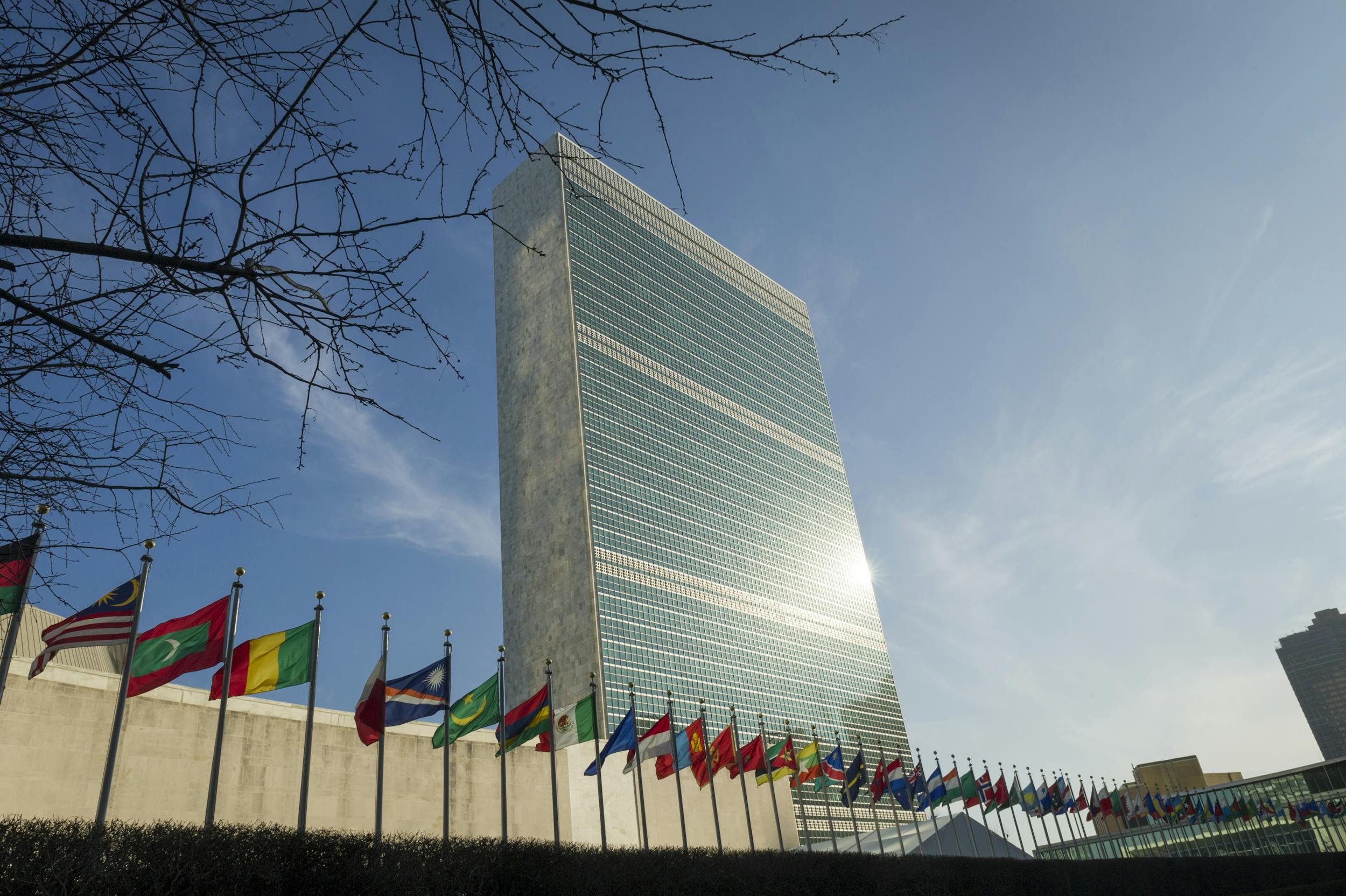Isn’t it amazing how the world can change in just a couple months?
Conservative politicians found ways to pass laws that seemed to contradict the Roe V. Wade ruling. They used their political power to put biased judges into what was previously seen as a bastion of political neutrality, the Supreme Court. The Court overturned Roe V. Wade. Millions of voters began protesting the loss of their ‘rights’ and began threatening to vote those politicians out of office. So now many of those same politicians, who claimed they were only doing the 'Christian' thing, are back-pedaling, changing their stance on abortion, and trying to distance themselves from the Roe v. Wade fallout they instigated.
This is not a discussion of the pro-life/pro-choice debate. That discussion is purely political, not biblical. I want no part of it, no matter how loudly politicians try to attach ‘Christianity’ to it.
The word ‘abortion’ is in the Bible, but not in its 21st century meaning. In English Bibles that translate the Hebrew word shakhal as abortion, the context makes clear it refers to what today is called a miscarriage: that is, an accidental, unwanted loss of a pregnancy, not a purposeful termination of one.
The Bible does not say, ‘Thou shalt not commit abortion.’ But neither does it say that until childbirth a pregnant woman has complete autonomy over her body, including the fetus she’s carrying.
So does that mean the Bible is silent on the subject of terminating pregnancies? Not at all. Let’s take a look at what the Bible does say about pregnancy and childbirth and see what principles it contains.
The very first childbirth mentioned in the Bible is that of Cain. On that occasion Eve remarked, “I have brought forth a man with the help of Jehovah.” (Genesis 4:1) The statement could be misleading: Eve no longer had a relationship with Jehovah. It’s not impossible that she was crediting the miracle of birth to Jehovah even though she was no longer in His favor. Or, it being probably the most pain she or Adam had ever experienced, she may have been crediting Jehovah with keeping her alive through the ordeal. Far more likely, however, is that she believed (based on Genesis 3:15) that this man-child would be the savior who would get them out of this mess they’d gotten themselves into. She was, not surprisingly, wrong about that.
But that attitude – that somehow the next child born would be the one to fix Adam and Eve’s colossal mistake – persisted throughout Bible times.
For Israelite mothers, bearing a child was a sacred experience; being barren was viewed as a curse. Pregnancies were a blessing. Harming a pregnancy was a crime, potentially a capital crime. (Exodus 21:22-25)Children are consistently described as ‘an inheritance’, ‘a gift’, ‘a favor’, from God - by those in an approved relationship with the God of the Bible. However, we also read in the Bible about those with a different view.
People who abandoned Jehovah and turned to worshiping pagan gods such as Molech would voluntarily toss their infants into the burning lap of a huge metal cow-headed image of their god. (Jeremiah 32:35) I cannot imagine how parents who loved their children did so. I suspect that most of those pagans who practiced this secretly viewed those babies, like mothers seeking abortion today, as an inconvenience.
If the Bible contained a “Thou Shalt Not...” for every possible scenario it would be so long that it wouldn’t fit on any library shelf in the world. More than that: would a list of thou-shalt-nots really draw you closer to God? There’s a story that as his death was approaching, comedian W. C. Fields was seen reading the Bible. When asked what he was looking for so late in his life, his reply was, “Loopholes.”
If you approach the Bible with an open mind and the intent to find out how to be acceptable to God, you’ll find principles that you can apply in every situation. Those principles make clear that God views life as a gift and children as an inheritance.
I hesitate to think what He views politicians as.
For Part One of this column, click here. Feel free to leave a polite comment. Comments are monitored, so don't waste your time trying to post spam.
Bill K. Underwood is the author of several books, all available
at Amazon.com. You can help support this site by purchasing one of his books.







